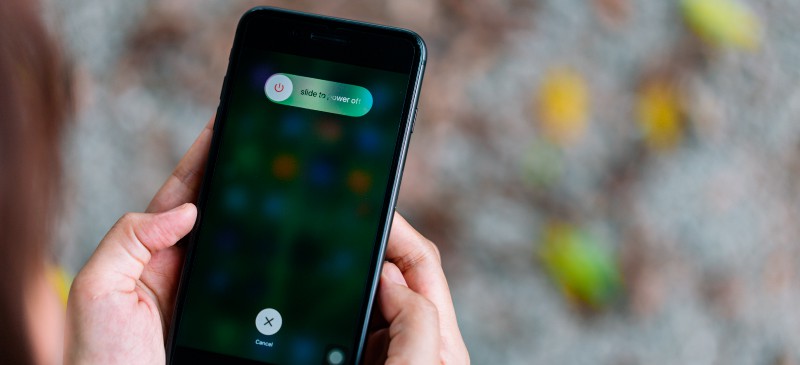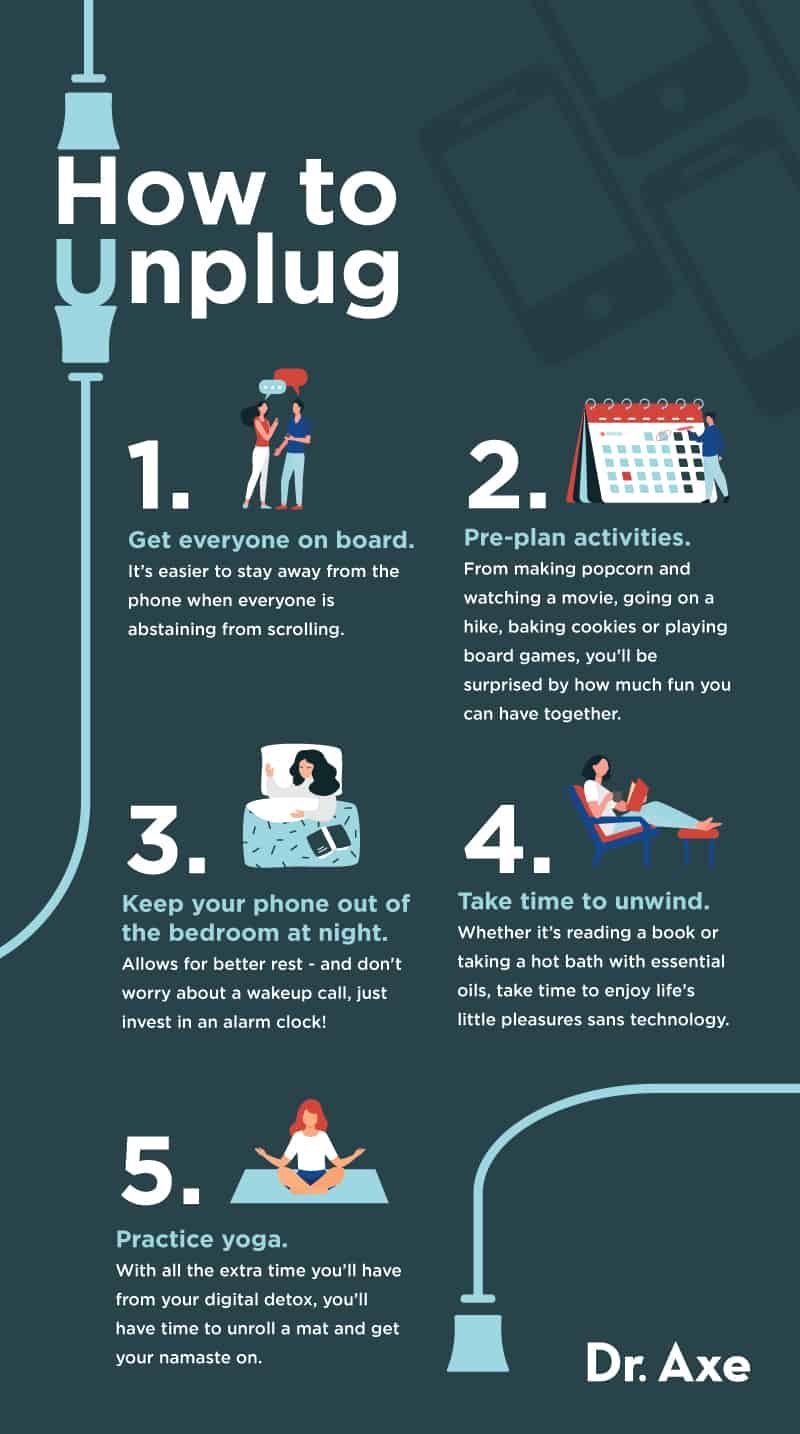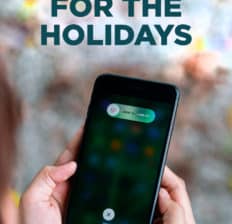This Dr. Axe content is medically reviewed or fact checked to ensure factually accurate information.
With strict editorial sourcing guidelines, we only link to academic research institutions, reputable media sites and, when research is available, medically peer-reviewed studies. Note that the numbers in parentheses (1, 2, etc.) are clickable links to these studies.
The information in our articles is NOT intended to replace a one-on-one relationship with a qualified health care professional and is not intended as medical advice.
This article is based on scientific evidence, written by experts and fact checked by our trained editorial staff. Note that the numbers in parentheses (1, 2, etc.) are clickable links to medically peer-reviewed studies.
Our team includes licensed nutritionists and dietitians, certified health education specialists, as well as certified strength and conditioning specialists, personal trainers and corrective exercise specialists. Our team aims to be not only thorough with its research, but also objective and unbiased.
The information in our articles is NOT intended to replace a one-on-one relationship with a qualified health care professional and is not intended as medical advice.
5 Benefits of Unplugging for the Holidays + 5 Tips
December 22, 2024

The onslaught of family, friends and social events that occurs during the holidays is enough to make even the most social person want to sneak away and enjoy some alone time. However, if your idea of relaxing during the festive madness translates into checking in on Facebook, drooling over Insta-worthy photos or playing a marathon video game session, it might be time to back away from the electronics and start unplugging for the holidays instead.
Benefits of unplugging
Unplugging for the holidays is more than just sticking your smartphone or other tech devices in another room for a few hours. Instead, it’s about making a concerted effort to give your brain a break and allow yourself to enjoy life’s smaller pleasures, such as:
- the company of loved ones
- truly enjoying a meal without first snapping photos of it
- even just having some mental downtime
If that sounds a little hokey for you, there are actually scientific benefits to disconnecting and plugging back in to real life:
1. Say goodbye to nomophobia
Does putting down your phone give you FOMO? If so, you’re not alone.
American adults check their phones at alarming rates — in fact, according to one report, one in 10 Americans has used his or her phone during intimate moments, while another more recent report revealed that number could be as high as one in five people!
Welcome to the world of nomophobia, or the fear of being without your smartphone.
Reducing your screen time means you’ll have less time to waste on things like cat videos and more to spend on things you’ve been putting off because you “have no free time,” like baking more, trying out a new hobby or just unwinding with a good book.
It might take some time to get used to, but soon you’ll find yourself keeping your phone switched off nearly as much as switched on.
2. Reduce anxiety
If you’re already stressed, too much tech time can make you feel more anxious and increase levels of depression.
The pressure of waiting for a new like, the seemingly endless social media scrolling — it can eventually take a toll on mental health. Luckily, unplugging for the holidays can help reverse those effects.
Because anxiety can lead to a host of side effects, from headaches and trouble sleeping to an elevated heart rate, which can lead to heart disease, seize any opportunity (or natural stress relievers) to decrease it!
You’ll feel better, and your body will thank you, too — as will your family members, who will appreciate the more cheerful you!
3. Your brain will focus better
Do you find yourself switching between apps, talking on the phone while playing computer games or simply trying to listen to that story your partner is telling you while checking tomorrow’s weather? All that multitasking is doing things to your brain, and they aren’t good.
See, our brains aren’t actually designed to multitask, and we don’t actually do it. What happens instead is that our minds just shift focus super quickly, losing cognitive function in the process.
In fact, people who multitask tend to be more stressed and impulsive than their one-track-mind counterparts, likely because multitasking can increase production of the stress hormone cortisol along with adrenaline.
Shutting off your technological tempters will allow you to practice mindfulness and give all your attention to what’s happening in front of you, whether it’s playing with your nieces and nephews or enjoying that delicious bite of apple pie.
You might notice that you remember small details a bit better, as your brain is able to focus on the task at hand and process info more quickly.
4. Get more sleep
Watching Netflix in bed or checking your email one last time is ruining your shut-eye. The screens on your favorite gadgets emit a blue light.
To your brain, blue light is the same as daylight and acts to stifle the production of melatonin. That’s a big deal, because melatonin is the hormone that’s responsible for setting our sleep-wake cycles, or circadian rhythms.
This makes it harder not only to fall asleep, but fall into the deep sleep that our bodies need to properly refresh.
The importance of sleep cannot be overstated. In fact, missing sleep can take years off your life.
It can also lead to increased weight gain, up your chances of getting sick and affect your mood negatively.
Luckily, unplugging can help improve your sleep. You might find your memory improving, as sleeping seems to help new concepts “set” in the brain.
Getting enough Z’s also reduces inflammation in the body, lowering your risk of everything from heart disease to diabetes.
5. Feel happier and healthier with loved ones
While too much together time might be what’s driving you to seek the comforts of technology, it might be time to get cozy. Spending time with your friends and family actually improves your health.
It turns out the more shy and lonely you feel, the likelier you are to be addicted to your smartphone. In addition, people without strong relationships increase their risk of dying prematurely by 50 percent, which is greater than the effect of obesity or physical inactivity.
Unplugging for the holidays gives you an opportunity to nurture those relationships that are important to you and reconnect, while increasing longevity. Not bad!
5 tips for unplugging for the holidays
Ready to unplug but not sure how? These tips will help you have a tech-free holiday and enjoy the benefits of unplugging for the holidays.
1. Get everyone on board
It’s a lot easier to stay away from your smartphone if everyone else you’re with follows suit. Let family and friends know you’d like to do a digital detox during your time together.
Have everyone turn their phones off — then collect them and keep them in a separate room.
2. Pre-plan activities
The day might seem boring if everyone’s phone is taken and there’s no plan for entertainment. Pre-empt this, and design a list of activities everyone can get involved in.
From making popcorn and watching a movie to going on a hike, baking cookies or playing board games, you’ll be surprised by how much fun you can have together.
3. Keep your phone out of the bedroom at night
Invest in an alarm clock, and keep your phone out of the room when you’re getting ready to sleep — ideally, you’ll turn it off at least an hour beforehand.
You’ll steer clear of the blue light that can keep you awake and won’t start your day with a social media blitz.

4. Take time to unwind
Whether it’s reading a book or taking a hot bath with essential oils, take time to enjoy life’s little pleasures sans technology.
5. Practice yoga
Yoga changes your brain in a variety of ways, and they’re all for the better!
With all the extra time you’ll have from your digital detox, you’ll have time to unroll a mat and get your namaste on.








